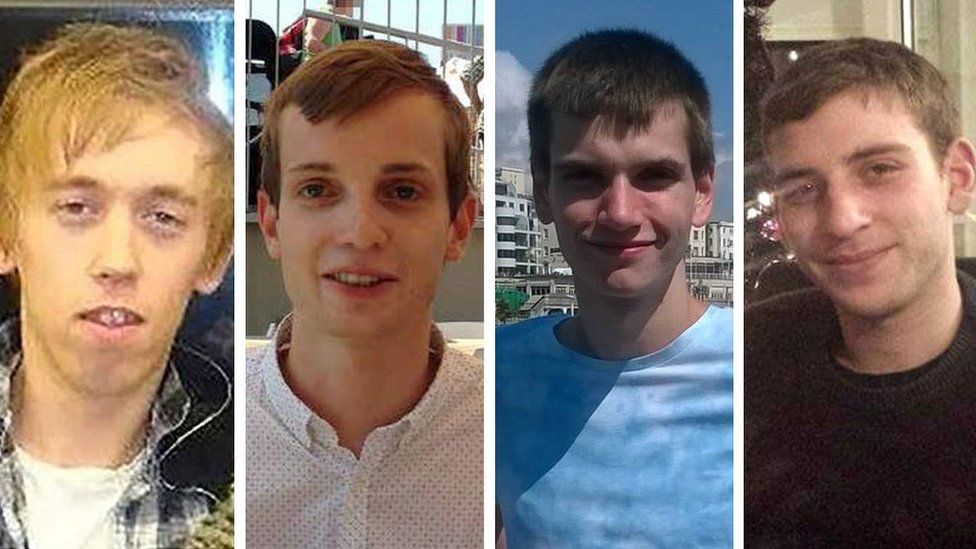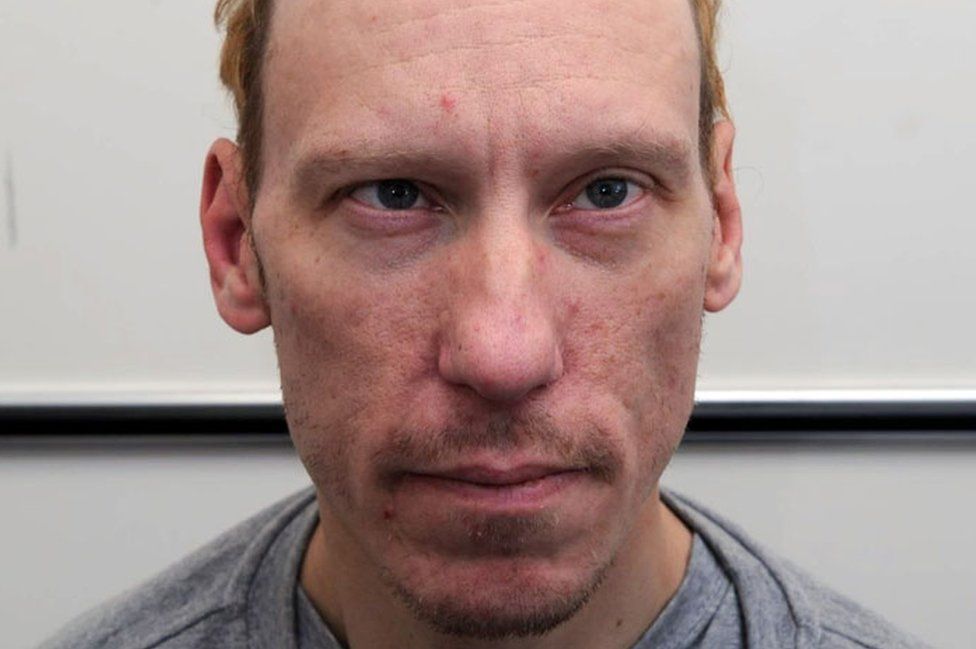
The way Metropolitan Police initially handled the deaths of four men murdered by serial killer Stephen Port is to be re-investigated by the police watchdog.
Port, 47, is serving a whole-life term for the murders of Anthony Walgate, Gabriel Kovari, Daniel Whitworth and Jack Taylor in Barking, East London.
The deaths were not seen as suspicious by police until after the fourth death.
A solicitor representing the families said they believed the police's actions were "driven by homophobia".
He added the Met Police had "blood on their hands", adding: "It is time for them to be held accountable."
"Basic failings" in the way the Metropolitan Police handled the four men's deaths were identified at a jury inquest that concluded in December.
The force failed to carry out basic checks, send evidence to be forensically examined, and exercise professional curiosity while Port was embarking on his killing spree, the inquest heard. Officers also made assumptions about the gay community, jurors were told.
In 2019 the police watchdog, the Independent Office of Police Conduct (IOPC), decided no officers had a case to answer for misconduct or gross misconduct as a result of the failures to catch the serial killer until after the fourth killing.

Now, the IOPC has said that since new information heard at the inquest had found "material flaws" in its own inquiry, it had decided to re-open its investigation with a new team in place.
Regional Director Graham Beesley said: "Following analysis of the new information provided at the inquest, we have concluded that the original investigation needed to be wider in scope and, therefore, certain lines of inquiries were not followed," he added.
"Had this information been known at the time it may have led to different decisions on outcomes."
Between June 2014 and September 2015, Port killed Anthony Walgate, 23, originally from Hull, Gabriel Kovari, 22, from Lewisham, Daniel Whitworth, 21, from Gravesend, Kent, and Jack Taylor, 25, from Dagenham, east London, by giving them overdoses of the "date rape" drug gamma-hydroxybutyrate (GHB) at his east London home.
He met the victims online, including through the dating app Grindr, before luring them to his flat where they were drugged and raped. He dumped the victims' bodies near his flat.
Port was found guilty of the murders and a string of sex assaults against other men in 2016 and was given a whole-life jail term.
Following the announcement of the new IOPC inquiry, the families' solicitor Neil Hudgell said relatives had been "left traumatised by their treatment at the hands of the police".
'Institutional prejudice'
"The inadequate investigations by the Metropolitan Police into the four deaths is one of the most widespread institutional failures in modern history, exacerbated by a woeful lack of remorse, regret or sympathy displayed at the inquests by some of the officers involved," Mr Hudgell added.
"Port was jailed for life, but the police have blood on their hands too. It is time for them to be held accountable."

Analysis
By BBC News Home Affairs correspondent Daniel Sandford
From almost the first moment, the families of the four men who were murdered by Stephen Port have been let down by the Metropolitan Police and the IOPC.
Last year, the inquests heard excruciating details of how basic police work was not done, how detectives lacked curiosity, did not follow up on things, and jumped to conclusions.
The family liaison officer in the Gabriel Kovari murder never even contacted the family.
When Port was finally caught and put on trial in 2016, it seemed obvious that there had been serious police failings, but the IOPC decided none of the detectives had a case to answer for "gross misconduct" or even "misconduct."
Now - more than eight years after the first murder - the IOPC is re-opening its investigation, conceding that the inquests had identified "material flaws" in its original inquiry.
It has added to the clamour for reform of both the Metropolitan Police and the IOPC.

The partner of Mr Whitworth, Ricky Waumsley, said he welcomed the IOPC's fresh investigation.
Mr Waumsely said he had given evidence at the inquest about "many blatant shortcomings", including that he had not been shown a fake suicide note because police did not consider him to be Mr Whitworth's next of kin.
He told the inquest he believed he was treated differently because they were a "gay unmarried couple".
He said following the announcement of the new inquiry: "The inquest jury found that Daniel's death could have been avoided had the police properly investigated the previous murders. The previous IOPC investigation had significant flaws in it.
"I continue to believe that the Metropolitan Police suffer from institutional prejudice which, frustratingly, they continue to deny."

Follow BBC London on Facebook, Twitter and Instagram. Send your story ideas to hellobbclondon@bbc.co.uk
Related Internet Links
https://news.google.com/__i/rss/rd/articles/CBMiNWh0dHBzOi8vd3d3LmJiYy5jby51ay9uZXdzL3VrLWVuZ2xhbmQtbG9uZG9uLTYxOTA5MTQz0gE5aHR0cHM6Ly93d3cuYmJjLmNvLnVrL25ld3MvdWstZW5nbGFuZC1sb25kb24tNjE5MDkxNDMuYW1w?oc=5
2022-06-23 11:43:13Z
1479247451
Tidak ada komentar:
Posting Komentar